“Sponsorship in its traditional form is dead,” so says Manchester City FC’s head of partnerships Luis Vicente. “You have to come up with something that is an embedded, engaging experience with your partners. Brands should be talking about strategic partnerships, rather than sponsorship.”
City, it seems, is a brand ‘doing’ as well as ‘saying.
Manchester City is a business in the process of being completely overhauled since is takeover by an Abu Dhabi sheik in 2008. Its approach to sponsorship and partnerships is no exception. Its evolving alliance with video game developer Electronic Arts (EA) is a vignette of the new strategy.
EA’s partnership with Manchester City demonstrates an unusual level of collaboration as both sseek to provide enhanced content and improved live fan experiences. EA, the brand behind the market-leading FIFA series of football games, even has two employees entirely dedicated to producing game-related content for Manchester City.
City’s home ground, the Etihad stadium, is kitted out with permanent installations of PlayStation and Xbox consoles for fans to play the latest EA FIFA game on club match days. In fact, EA organisers City fan tournaments organised by EA. But the relationship is much deeper than this sort of in-house experience.
Product launch marketing is part of the partnership too. City and EA ran a virtual launch of the club’s kit for the current Premier League season – with the new strip worn by a computer-generated Manchester City squad.
Player announcement and PR is another part of the marketing mix. For example, when the club signed attacking midfielder Samir Nasri from Arsenal, EA had pre-prepared an in-game image of the player scoring a goal wearing the team’s sky blue shirt.
The games company has motion-captured all the Manchester City players so that their game avatars’ appearances and movements are as life-like as possible. This provides further possible opportunities for content created within EA’s latest FIFA 12 game software.
The club is also developing ways in which such content could be delivered via smartphones, personalised QR codes and RFID chips and on its fans’ membership cards. City is also exploring how data from the FIFA 12 game, including team and player statistics, could be used to simulate upcoming matches, or be put to other applications for entertainment purposes. It calls this trend ‘datatainment’.
Comment
Looking forward Manchester City claims it will only seek commercial relationships on the basis of overlapping business objectives and the potential for collaboration. For them it is less about where its partners can place their logos, or about the size of the financial commitment (cash amount of the deal).Instead the focus is on the ‘fit’ and being able to turn the fit into a mutually rewarding relationship.
Of course relationships take time to develop and a degree of experimentation is involved. Both City and EA accept that not all of the potential collaborations between the two brands have yet been realised, or identified, let alone monetised.
Manchester City not only offers EA a promotional platform for potential FIFA 12 audiences, but it is also being used as a testing bed for this new kind of partnership. The brands will need to illustrate that their new model could be applied elsewhere.
After all, sponsorship directors are one of a slew of divisional heads currently under pressure to prove the value of their deals. According to an IFM Sports Marketing Survey, 80% of sponsorship bosses say that accountability for spend is greater than ever. 67% say that there investment will either ‘stay the same’ or ‘grow’ in 2012.
But 85% agree with City’s Vicente, that rights owners need to be more inventive when trying to engage with fans.
Links:

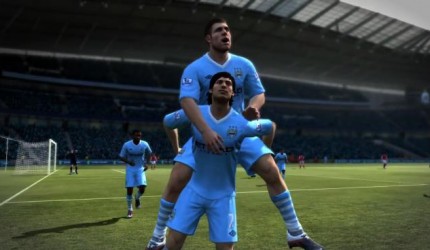






















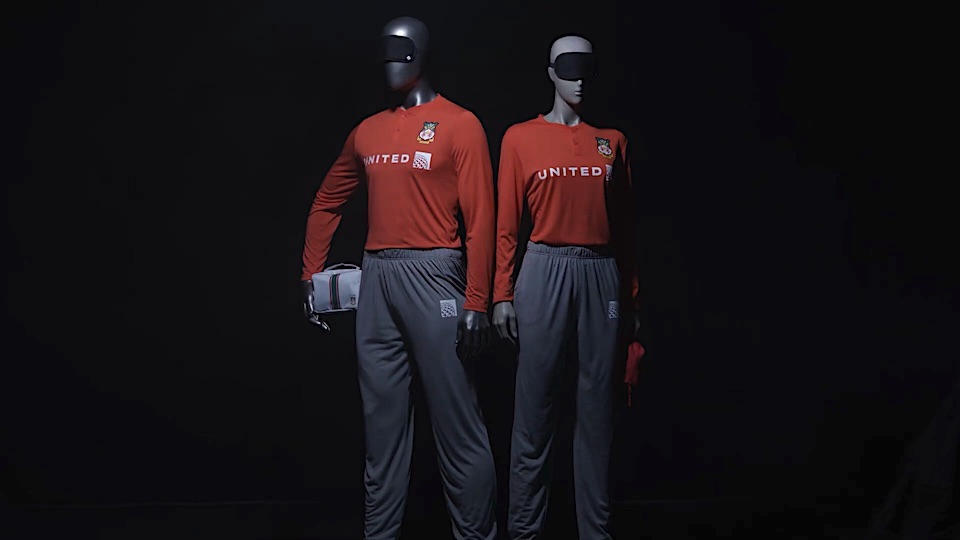

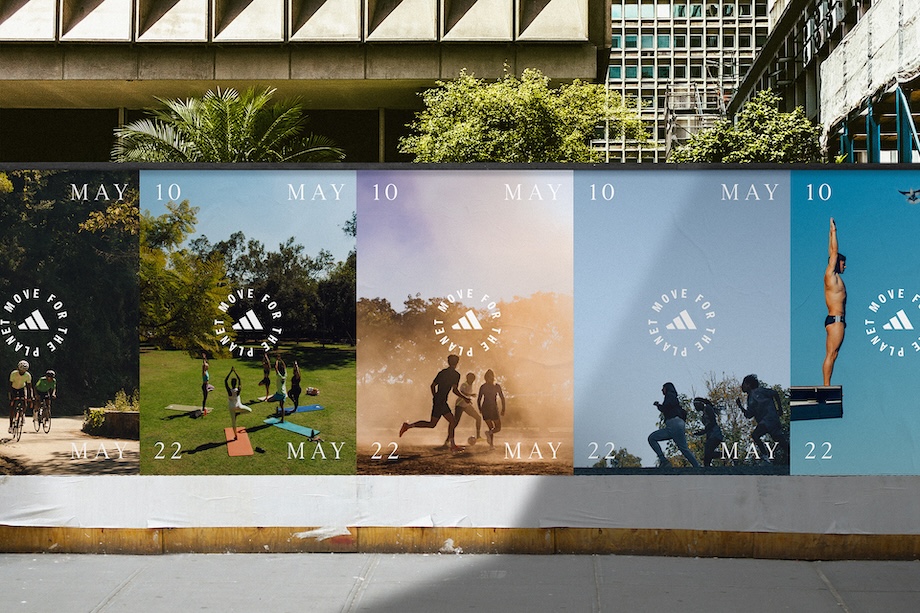
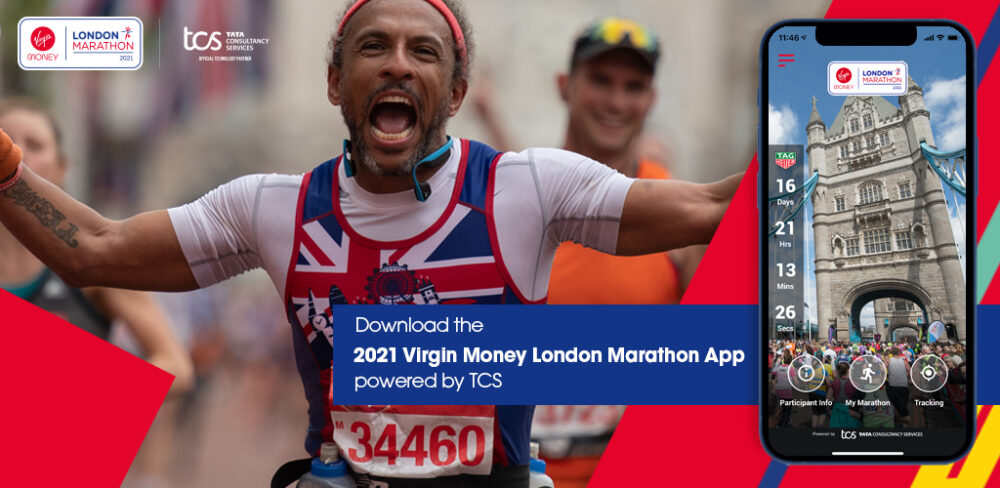
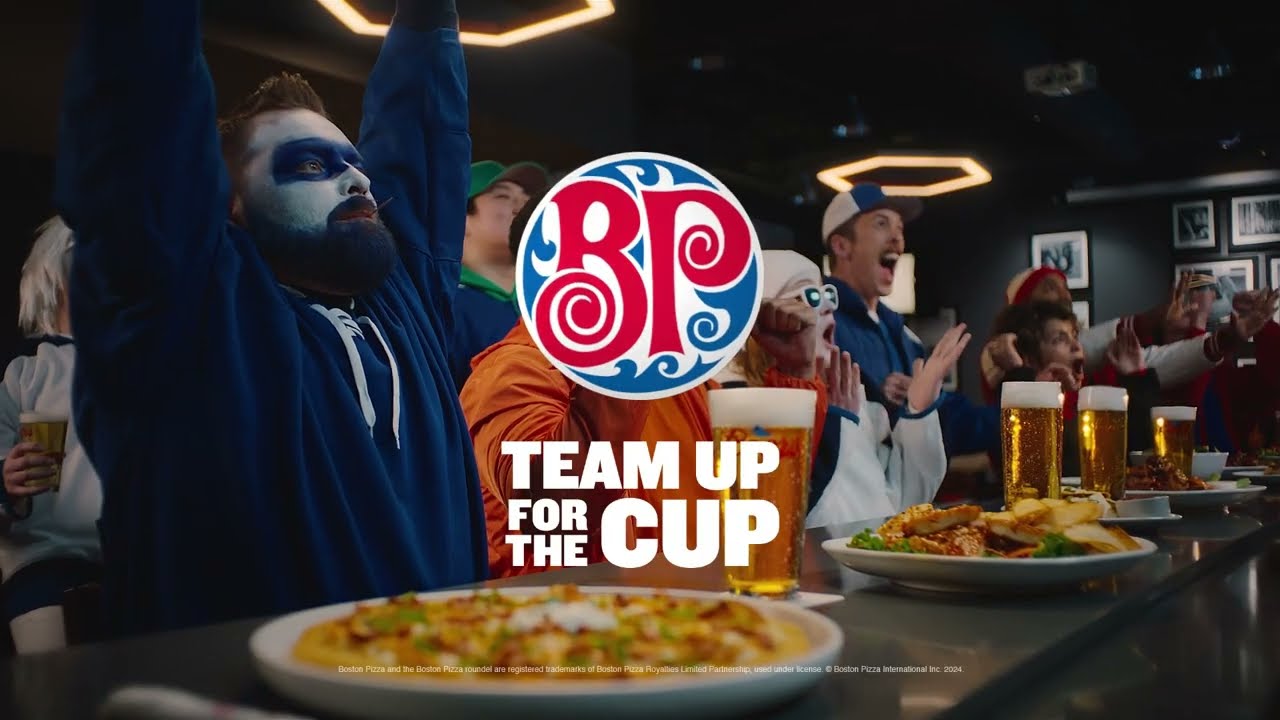
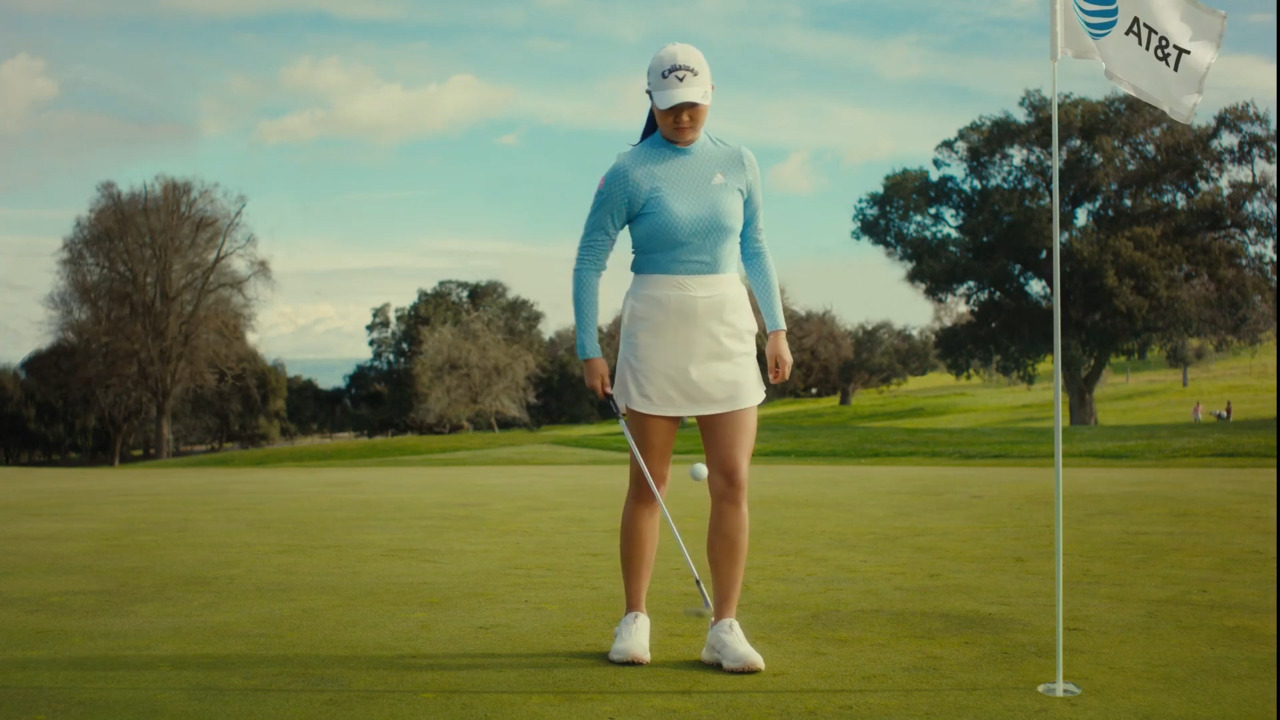
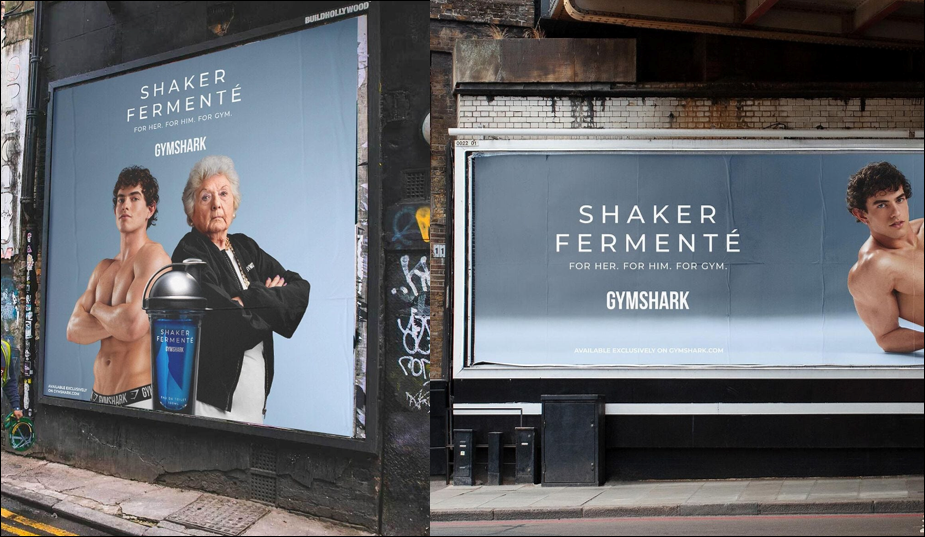
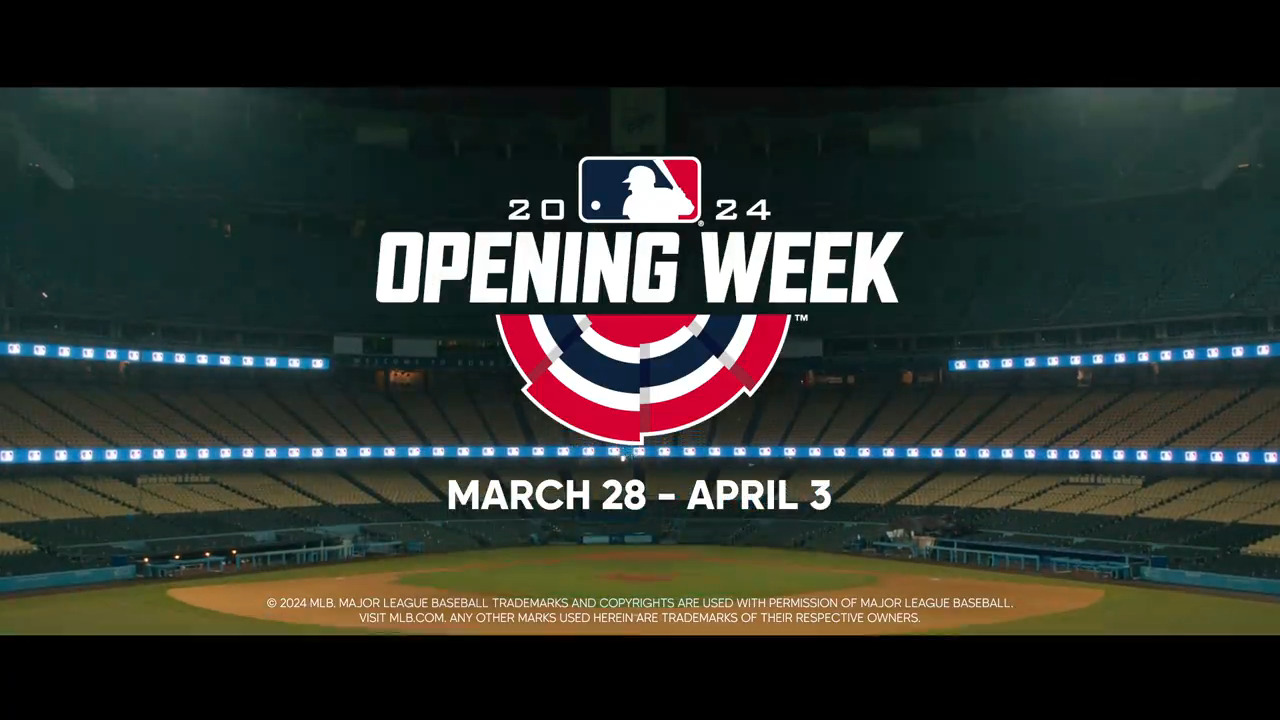
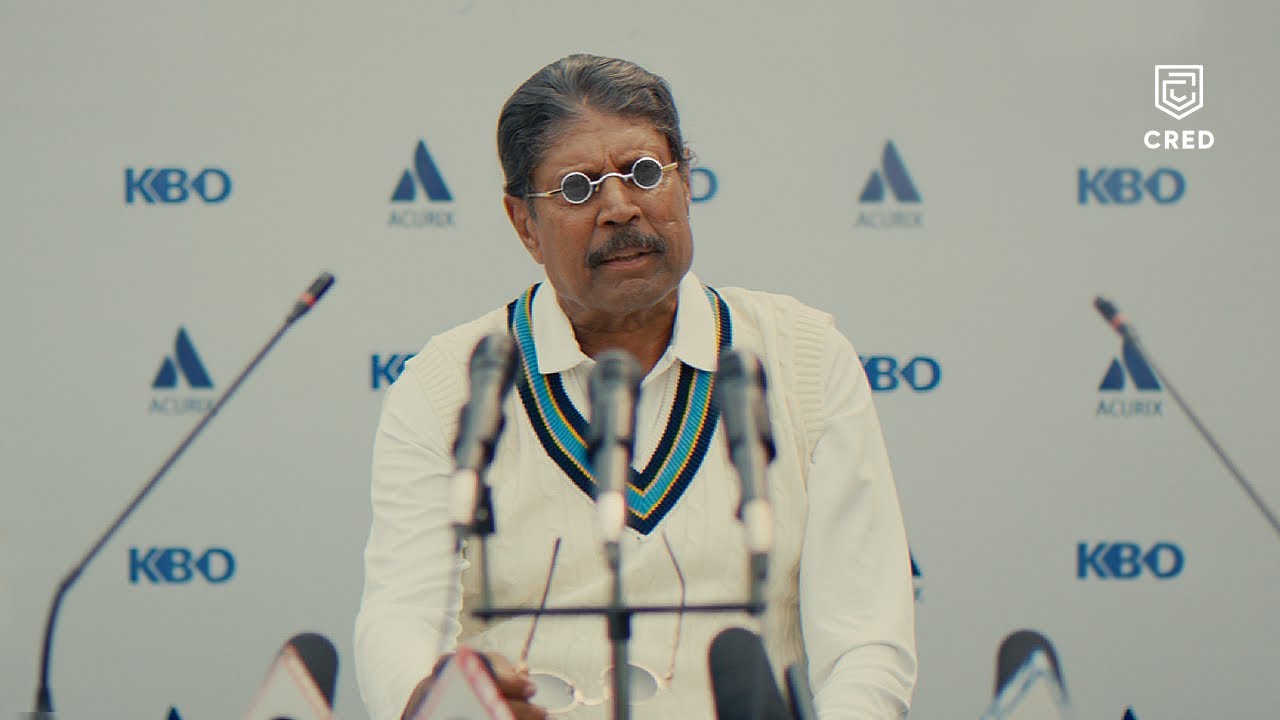
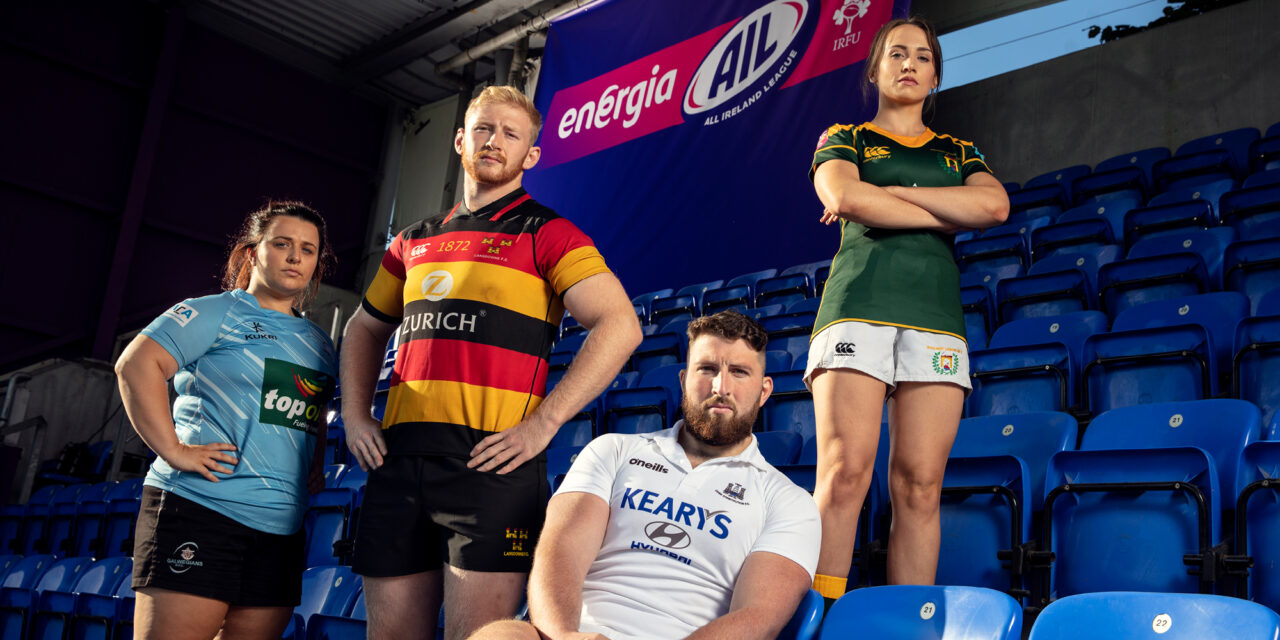
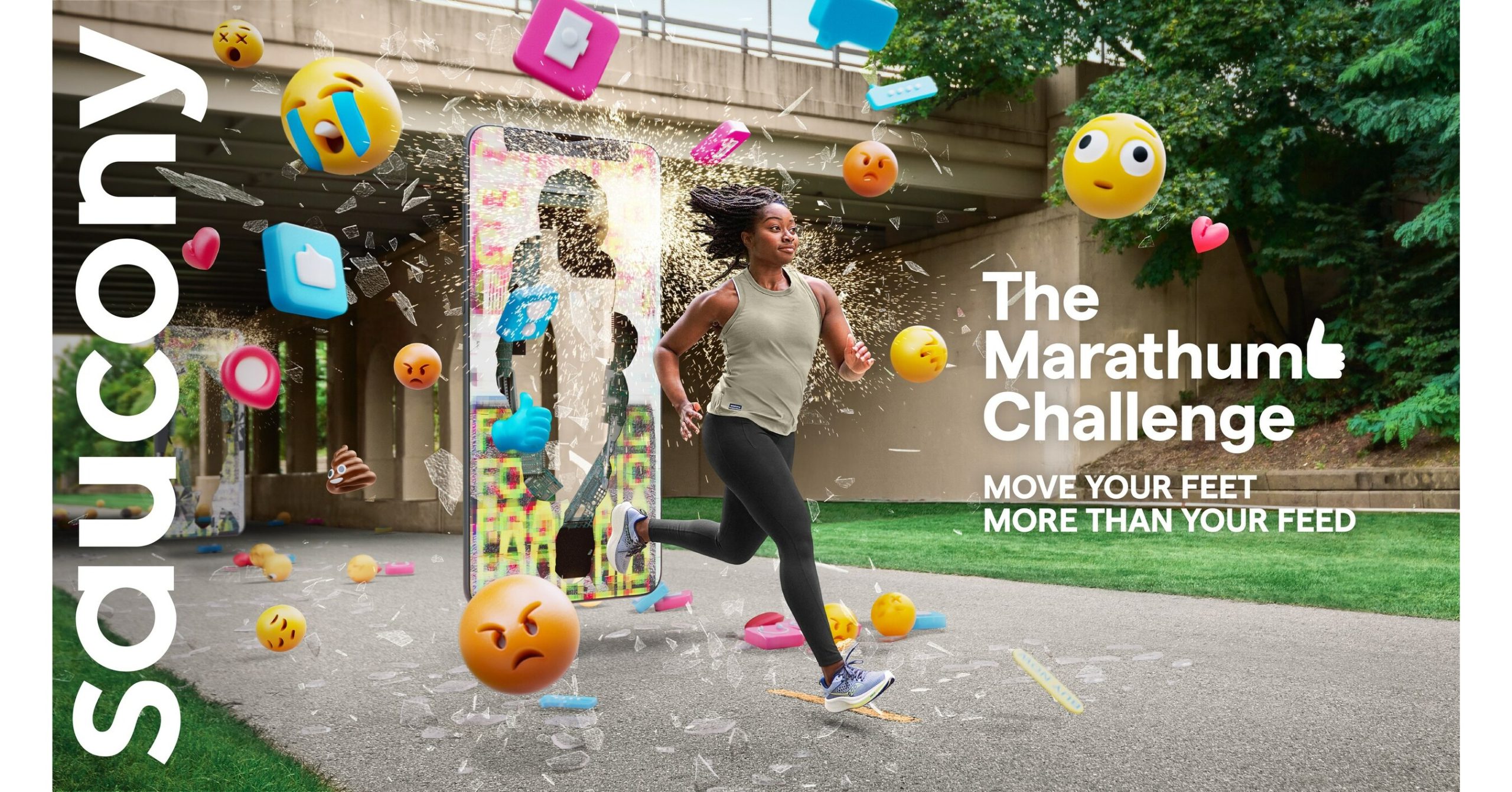

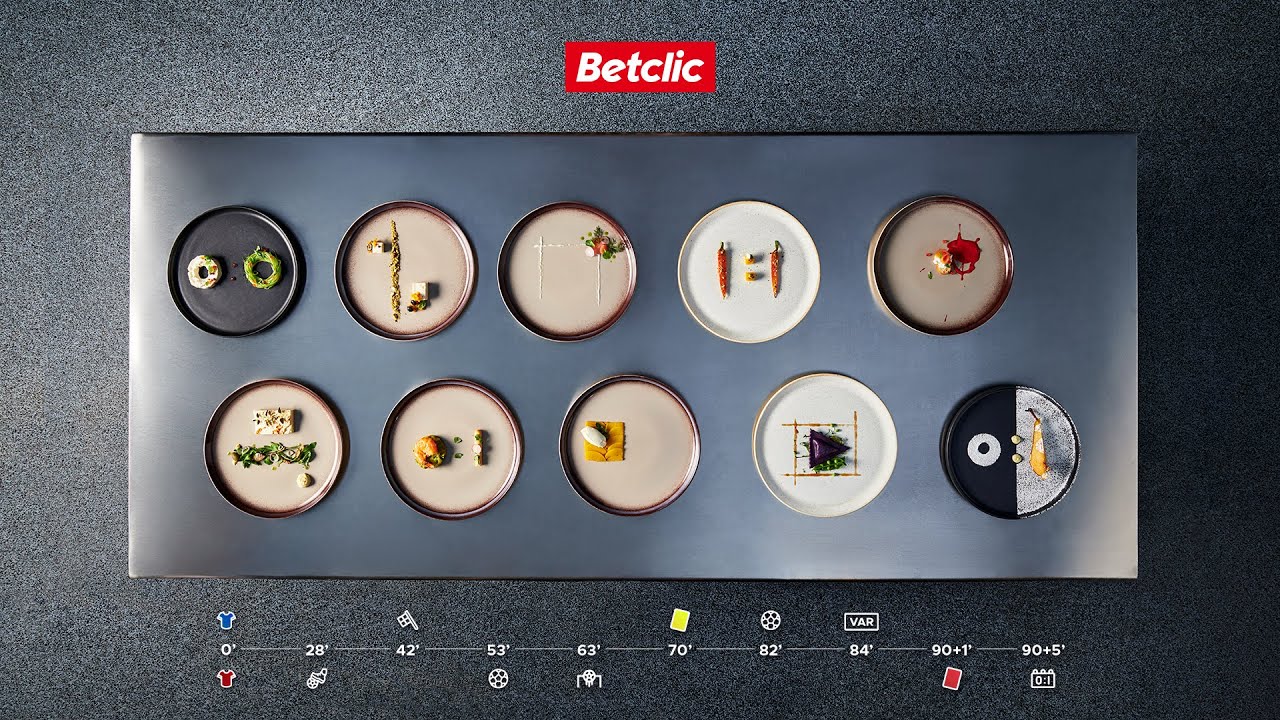

Leave a comment
You must be logged in to post a comment.